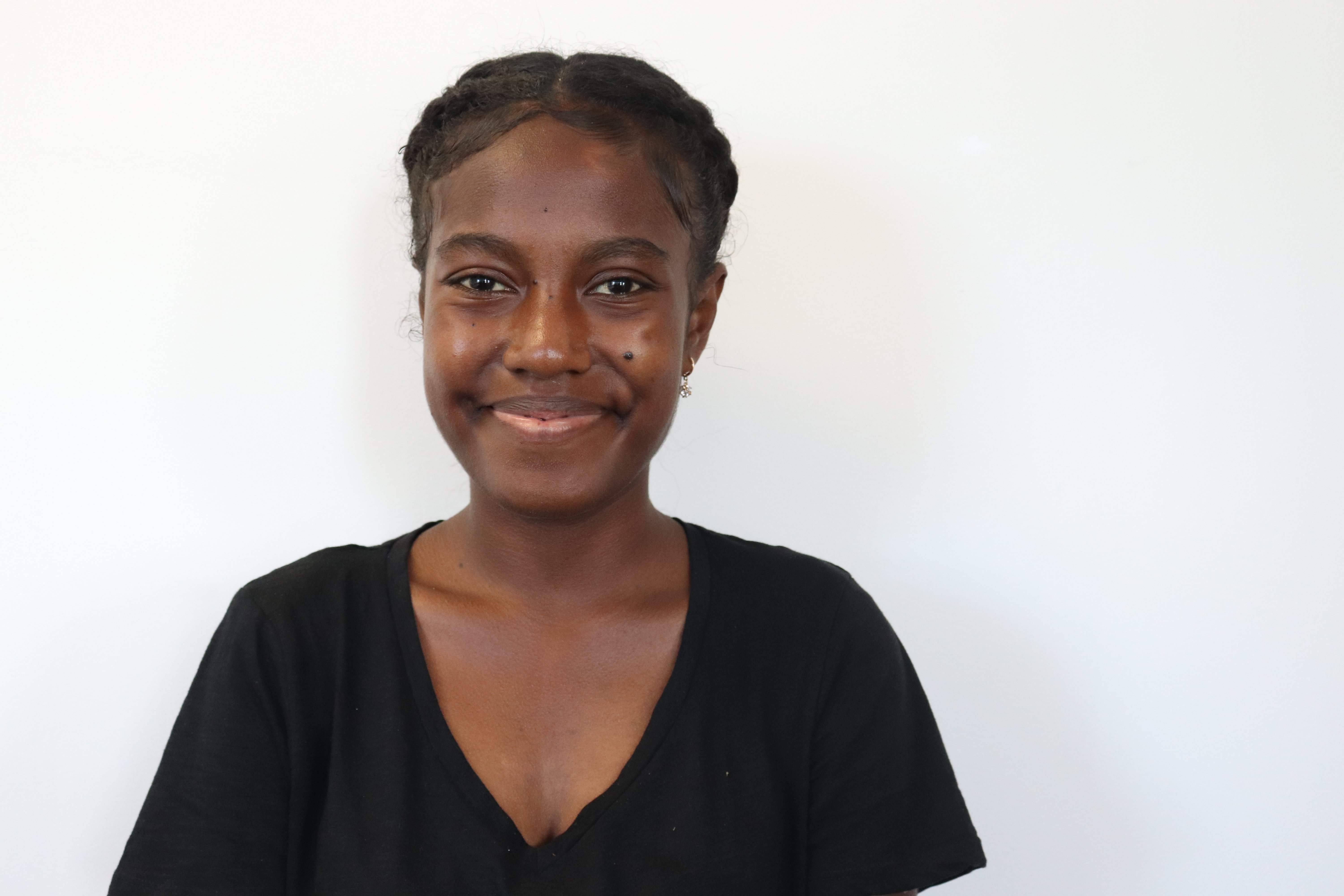Earlier this year, Papua New Guinea witnessed the beginning of a devastating COVID-19 outbreak, with cases doubling each week between February and March, leaving hospitals at breaking-point and medical supplies running dangerously low.
Months later, case numbers have finally started to drop, but rumours and mistrust remain high.
Global Citizen recently spoke with Solange Dawana, a first-year mechanical engineering student, about how her life has changed over the past year and a half, the current health climate in Papua New Guinea and why young people must help educate both young and old about COVID-19.
Global Citizen: COVID-19 broke out around the world in early 2020. During the year, Papua New Guinea recorded around 800 cases, which thrust the capital, Port Moresby, into a two-week lockdown. The pandemic also significantly affected tourism across the nation. How was 2020 for you and your family?
Solange Dawana: The past year has been one of the most challenging years for my family and me and many other families.
Fortunately, my parents could keep their jobs, unlike other families who went through a financial crisis. With the implemented lockdowns, which caused schools to shut down, I was greatly affected as I was in my senior year of high school, and exams were nearing. The lockdown very much affected contact classes as well as the interest of students in schools.
My smaller brother, at one point, did not want to return to school after the lockdown had been lifted because he had already lost interest in school. However, my parents talked him into going back to school, and he eventually did, but I could see that he had no interest in school anymore. At one point, I also thought of withdrawing from school because I had doubts as the Grade 12 exams were approaching, and I felt I was not ready.
Cases began to skyrocket in early 2021, and have now reached over 11,000. How did the outbreak impact your first year at university?
In 2020, many of my school mates withdrew from school hoping that they would concentrate better if they repeated the same grade this year; however, this year, the situation has worsened with the recently imposed one-month lockdown on all secondary and primary schools across the country.
From the tertiary level perspective, the university I attend, the University of Technology in Lae, had a 14-day lockdown. After the lockdown was lifted, there were barely any contact classes. However, lecturers are working twice as hard to deliver lecture notes and continue assessments through online courses while abiding by the COVID-19 protocols.
What was it like to be in Papua New Guinea during that time?
It was sad to hear of people contracting the virus and eventually dying. [But] news of recovered persons showed that contracting the virus wasn’t the end, but fighting the virus by following protocols of COVID-19 was possible.
Amid the outbreak, there were unfortunate cases where families went into financial crisis because the breadwinners lost their jobs; hence some children had to stop going to school. COVID-19 has had detrimental effects on families in Papua New Guinea, but it is up to all of us to learn to live with the virus without contracting it.
Is vaccine misinformation or vaccine hesitancy a big problem in the community?
There are a lot of rumours going around about the vaccine for COVID-19. People think the vaccine is just another way the government is getting money for their benefit. Others believe the vaccine kills people, and a majority of the country has no idea about the whereabouts of the vaccine, specifically whether it is already in the country yet or not.
What role should young people play in promoting safe health standards?
Being the future generation of the country and the most influential age group, young people are responsible for educating the young and old about health issues. Young people can promote safe health standards by leading by example.
They could also advocate health safety standards by correcting and showing people how particular foods should be cooked, the proper way of wearing a mask and the importance of abiding by COVID-19 protocols. Informing others about the signs and symptoms of different diseases, especially COVID-19, and what to do if they find themselves in a messy health situation is also important.
Will you get the vaccine when it is available and offered to you?
I would get the vaccine, but before that, I would like to see more awareness about exactly what the vaccine is made of and why it is essential to get the vaccine. Also, I would like to see rumours set straight — particularly rumours that say the vaccine injects the virus into your body.